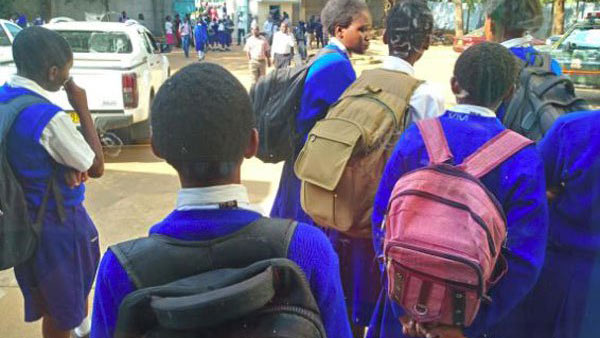×
The Standard e-Paper
Join Thousands Daily

Panic has gripped secondary schools in Nyanza as questions linger over who is behind the spate of student unrest that has so far led to the closure of six schools.
Education officials and parents have been left scratching their heads over why riots have intensified over the past week in schools in the region.